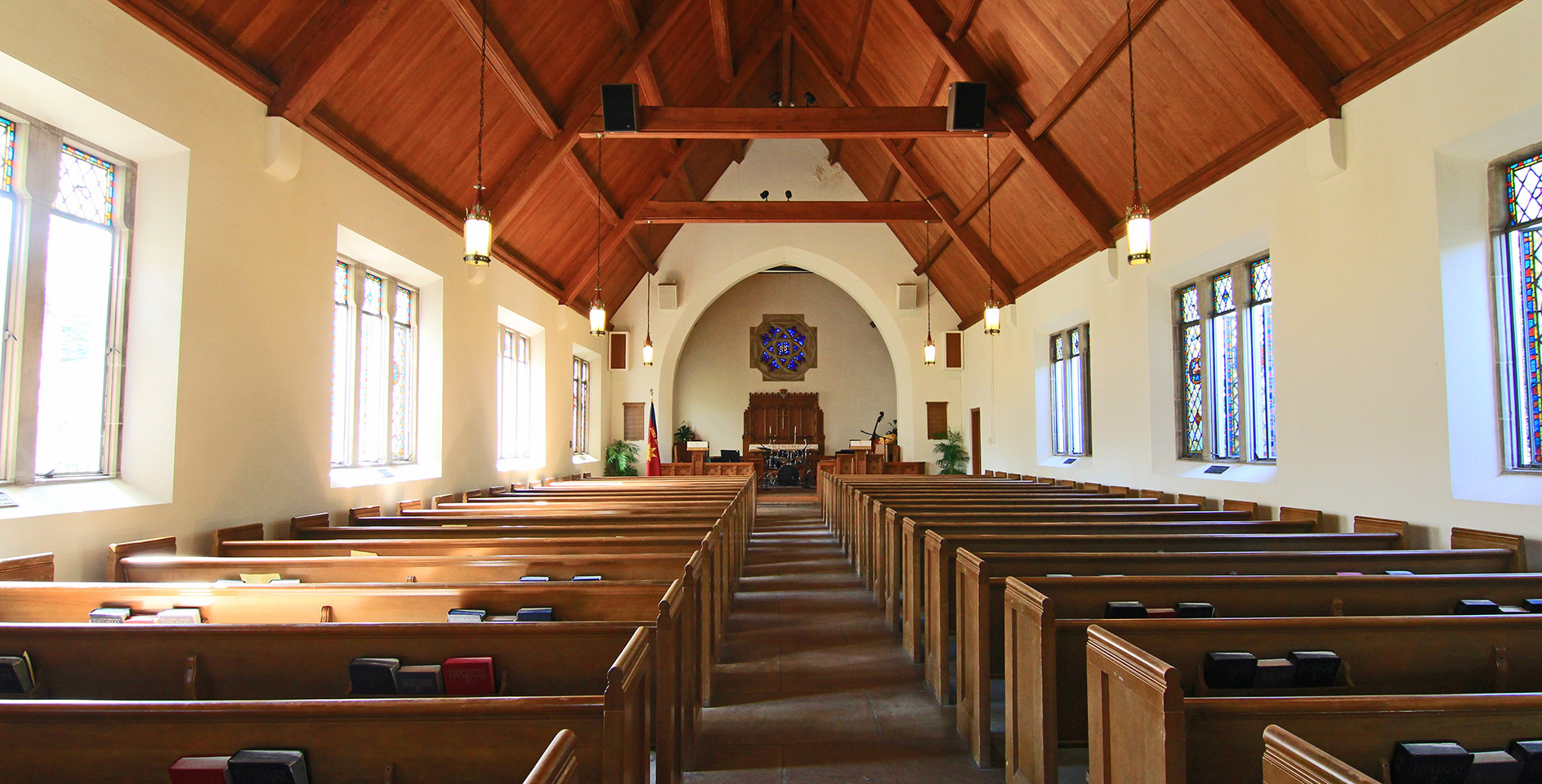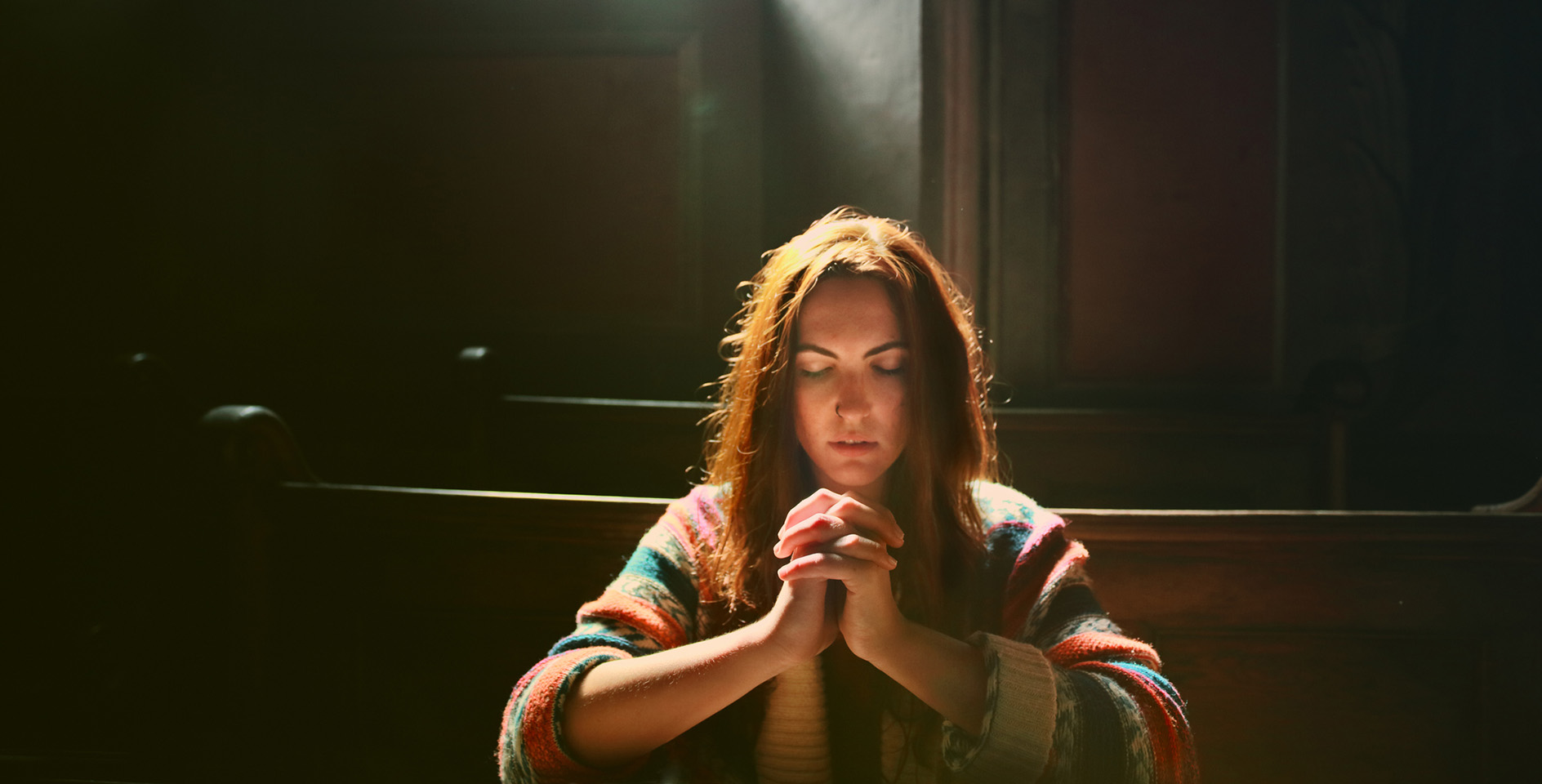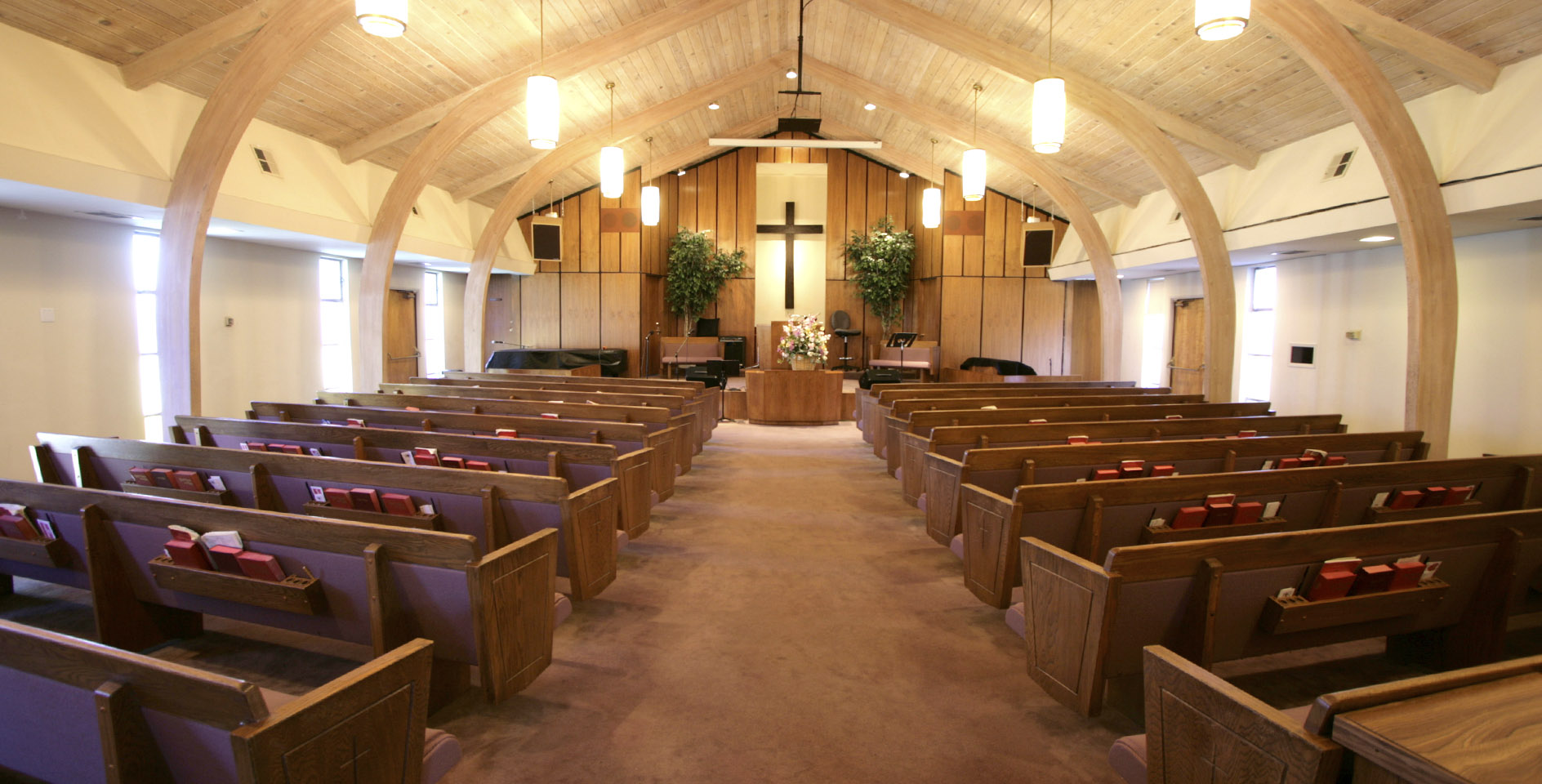Church leaders need to be aware that as they reopen their churches post-pandemic, compliance with local ordinances or executive orders from governors should not be the only legal issue on which they focus. There is also a significant risk of lawsuits against churches in the coming days as the fallout of the pandemic continues. Plaintiffs’ lawyers are on the lookout for more targets, and churches are being lumped into potential targets with nursing homes and cruise lines. The following is legal information for your consideration but not legal advice. If you need legal advice, especially as it pertains to your locality, you should consult an attorney licensed in your state. With that said, here are some factors and questions to consider as your church works toward regathering:
1. Review your insurance policy and discuss your coverage with your insurance carrier.
Have you contacted your church’s insurance carrier for information about your general liability coverage for COVID-19 related claims, or other claims, when you reopen? Are there any requirements from your insurance company in regard to sanitation protocols that you must follow in order for your insurance to provide coverage when you reopen? If your insurance will not provide coverage for COVID-19 related claims, should you purchase a rider policy to cover any COVID-19 related incidents? Even if your church does not do anything wrong and upholds the highest standards, it is still costly to defend a lawsuit.
While in most situations church leadership is protected from being held personally liable for wrongdoings of the church, in the event the church is sued for gross negligence, there is a possibility that church leaders, including lay pastors and elders, could be held personally liable for not meeting their duty of care to members and visitors on their church campus. As such, it is incredibly important to uphold high standards as your church begins to gather and reopen its facilities.
2. Understand and comply with legal requirements. If you are concerned about constitutional overreach, contact an attorney with experience in religious liberty issues.
What does your state and local government say about what you must do or provide for when you reopen? Do they provide any suggested guidance, which is not required but instead recommends best practices in light of transmission of disease in your area? If so, these suggestions might set the standard of care and would be considered when deliberating whether your church met its duty of care in the event your church is sued. Does this local and state guidance differ from the Center for Disease Control and Transmission’s recommendation for places of worship?
It is advisable to make a record of what protocols you put in place and why you chose to do what you did. Document your church leadership’s state of mind so that in the event you are sued, you have evidence of the safety measures enacted and why you thought what you were doing was the best practice to put in place.
If churches in your area are being treated differently than other entities hosting public gatherings, you should consider contacting an attorney with religious liberty experience for guidance.
3. Consider what additional layers of legal protection might be helpful.
Many pastors are asking whether they should have those in attendance sign a liability release waiver in order to attend a church service. There are attorneys advocating on both sides of this issue. Some attorneys think that liability release waivers would be ineffective at protecting a church regathering during the pandemic, would not be upheld in a court, and would give a false sense of security to the church. Yet there are other attorneys who believe it would provide an additional layer of protection to churches who are also holding up high standards of cleanliness and sanitation.
A properly written liability release waiver is a valid contract. Contract law varies state to state, but there are some general similarities between the states. Contracts are agreements between two parties where an offer and acceptance is made. Generally, minors cannot be parties to legally binding documents. If you choose to use a liability release form, each adult should sign the document in his or her own capacity and not on behalf of another adult, like his or her spouse. It is advisable to have an attorney licensed in your state draft a legally enforceable liability release form if you choose to use one.
4. Screening staff and congregants.
Should you screen staff and volunteers prior to permitting them to work on Sunday mornings with the general public at your church services? Under normal circumstances, taking your staff’s temperature would be medically invasive and not permissible under the Americans with Disabilities Act (the ADA). However, the Equal Employment Opportunity Commission, the entity tasked with enforcing the ADA, has stated that temperature checks at this time are valid and appropriate.
If you choose to take temperatures, whoever conducts the checks should be wearing proper protective equipment, including a face mask and gloves, and use a contactless thermometer.
Screening your staff and congregants prior to entering the building is not a replacement for mask wearing and social distancing due to asymptomatic spread of the disease. Churches are hotspots for superspreading events, so proceed cautiously.
5. Plan for the near future.
Make a detailed plan for reopening, and be very communicative with your staff and church body about the plan. Advance planning is critical. Give notice to your congregation about what is going to be happening in the upcoming days. Train your staff and volunteers on the new protocols. Document that you trained your staff and volunteers, and include this in your church’s document retention system.
6. Plan for an unknown future. Amend your bylaws and update your church policies.
Because a second wave of COVID-19 is possible, if not likely, it is worth considering amending your church’s bylaws this summer to provide for virtual church business meetings. Churches still need to function administratively and must account for the reality that this disease may prohibit in-person meetings at some point in the future. What kind of notice for meetings do your bylaws require? Should you amend your bylaws to provide for notice of meetings via email and to hold them electronically or telephonically in the event of a second wave of the coronavirus? Are members only permitted to attend meetings, or do you permit guests? Do your bylaws disallow for voting by proxy? Who decides whether or not a virtual church meeting will be recorded or not?
As you reopen, update your church’s handbooks and policies regarding infectious disease and medical leave. Your policies and handbooks should be updated or modified to reflect the needs of your staff and congregation, as well as changes in the law, in light of the pandemic and its ongoing affects on workplaces and public places of gathering.
As you consider all of these issues, my prayer is that you do so from a framework of loving others and not out of fear. Instead of fear over being sued, pastors should think shrewdly and proactively out of love for the gospel and the flock they are shepherding.
Disclaimer: Ashli Arbo is an attorney licensed to practice law in the states of Oklahoma and Tennessee. This article is intended to provide information, not legal advice, and reading it does not establish an attorney-client relationship with Ashli Arbo, which is only formed by signing an engagement agreement. You can contact Ashli with any questions by submitting a form at www.ashliarbo.com.
© 2020 Ashli Arbo. All rights reserved.










